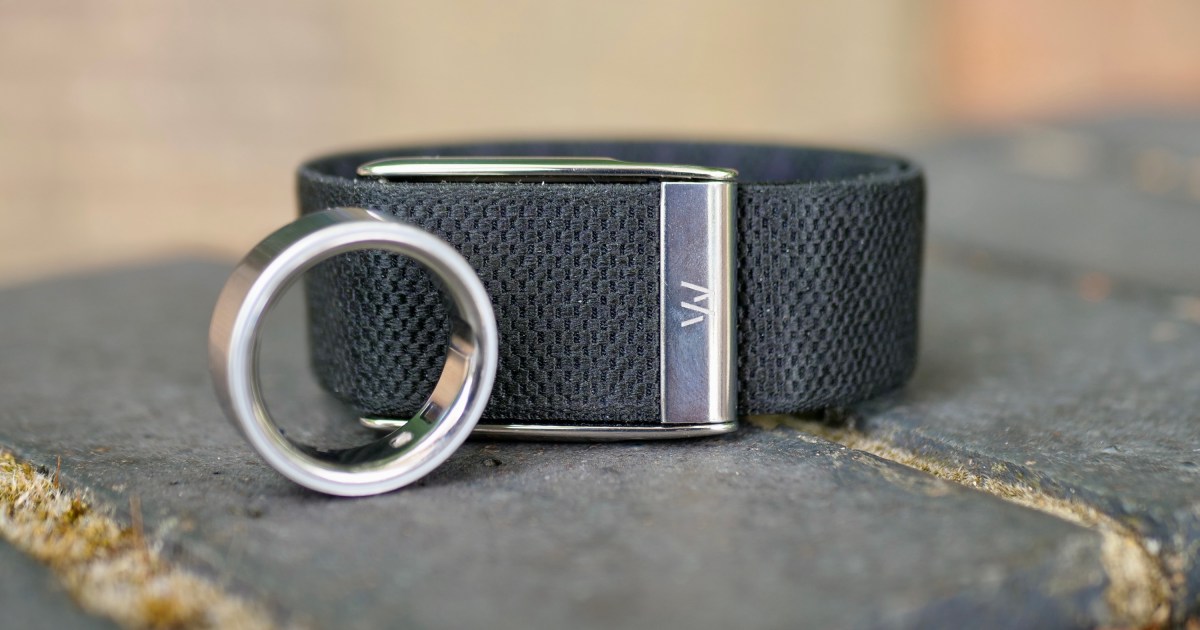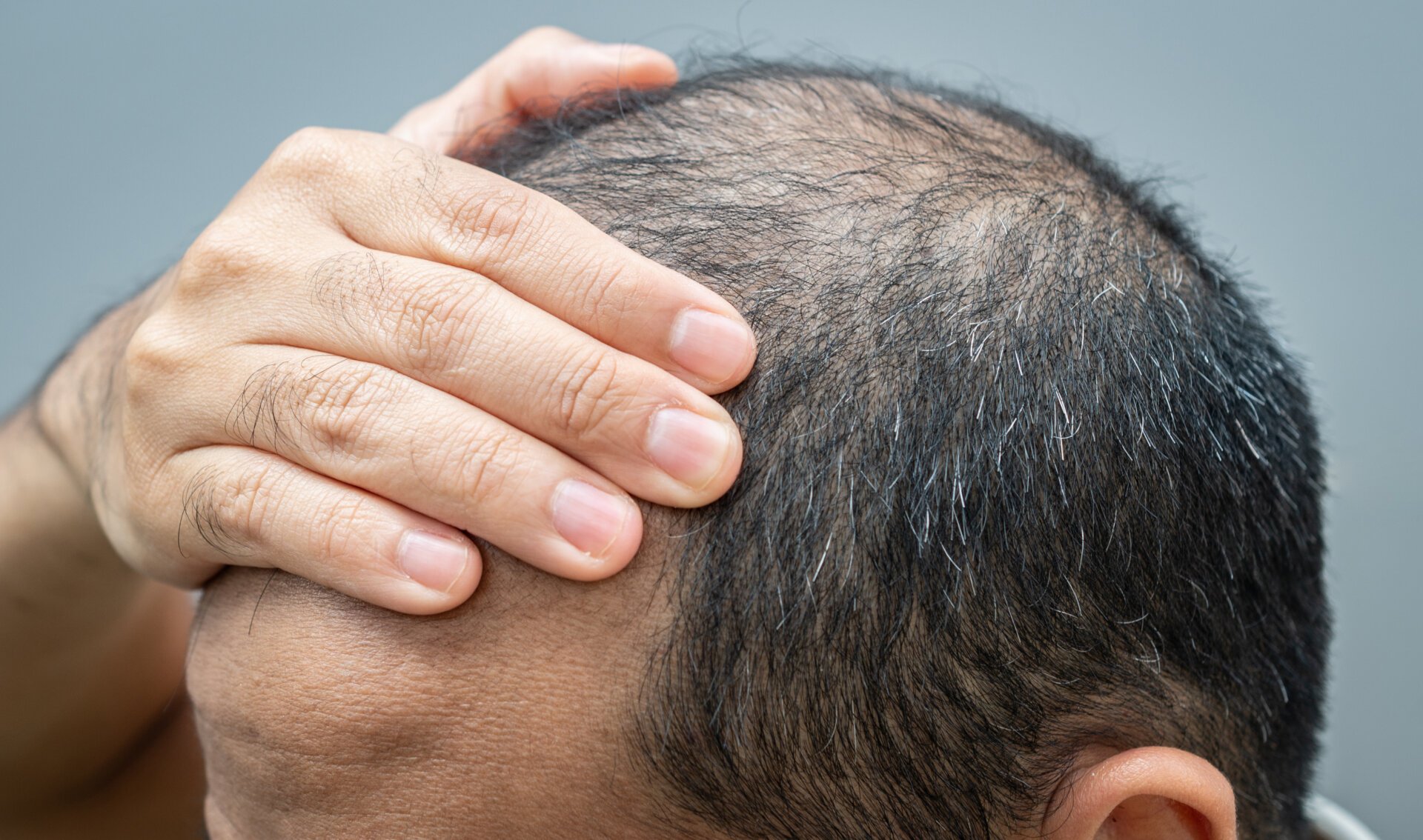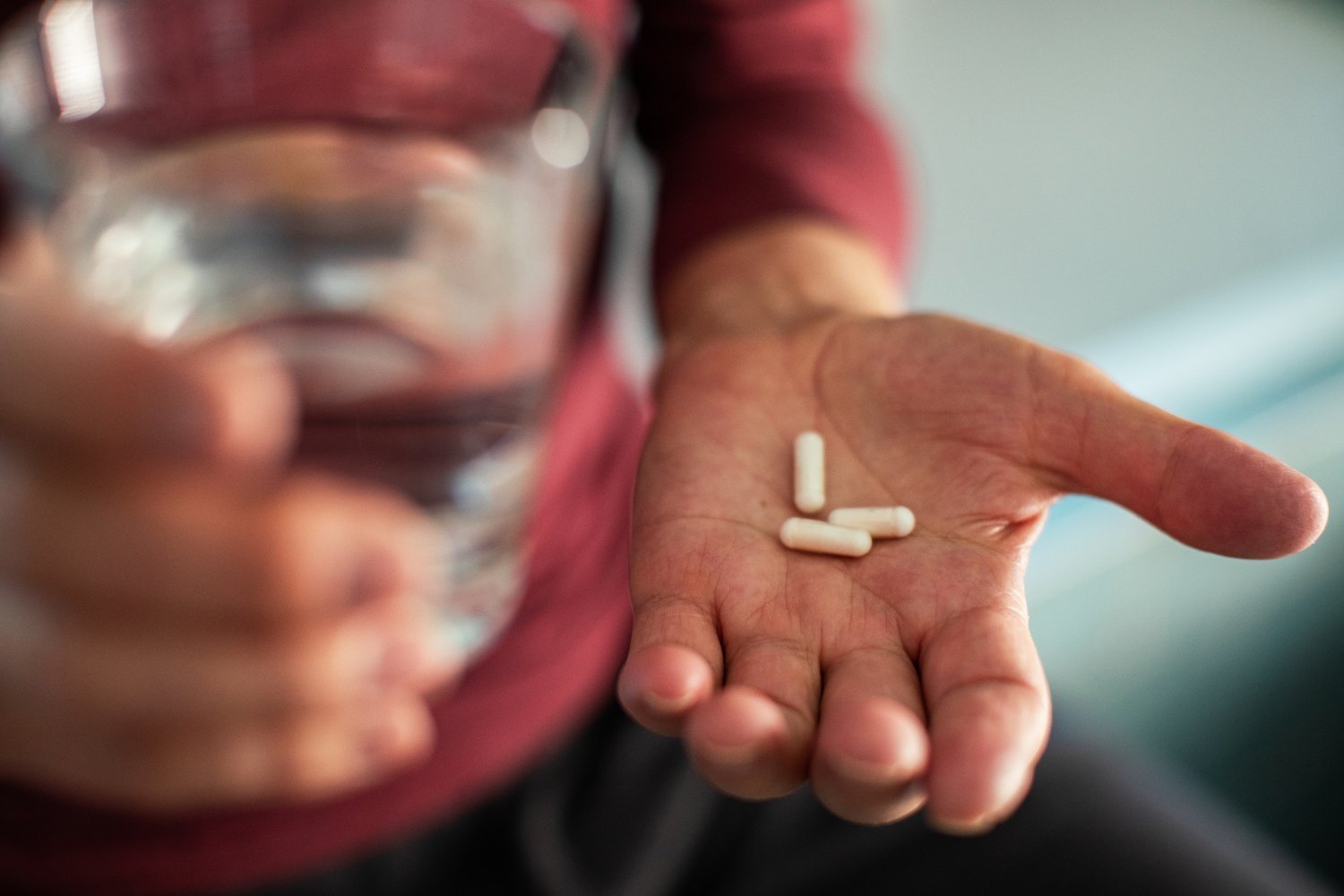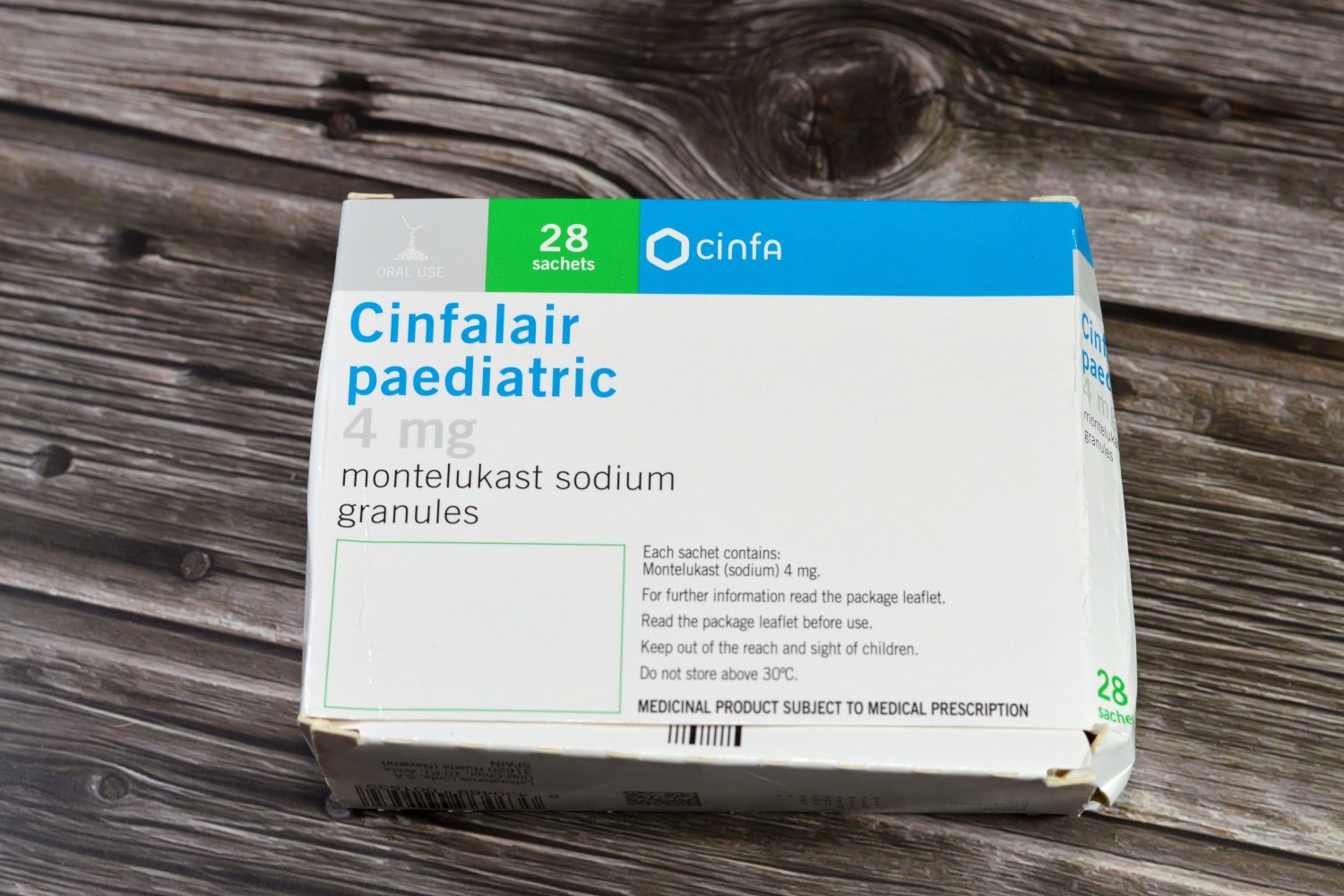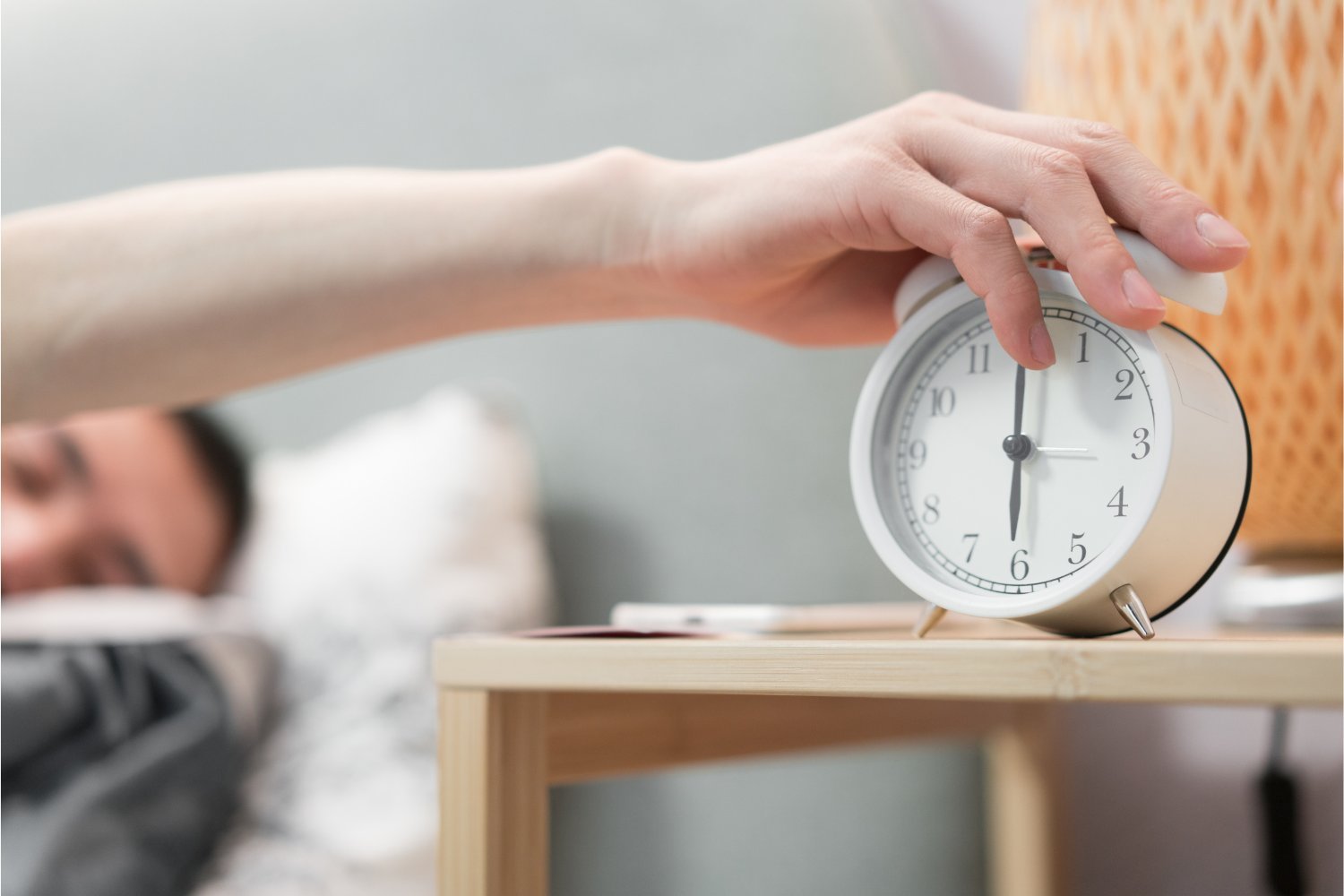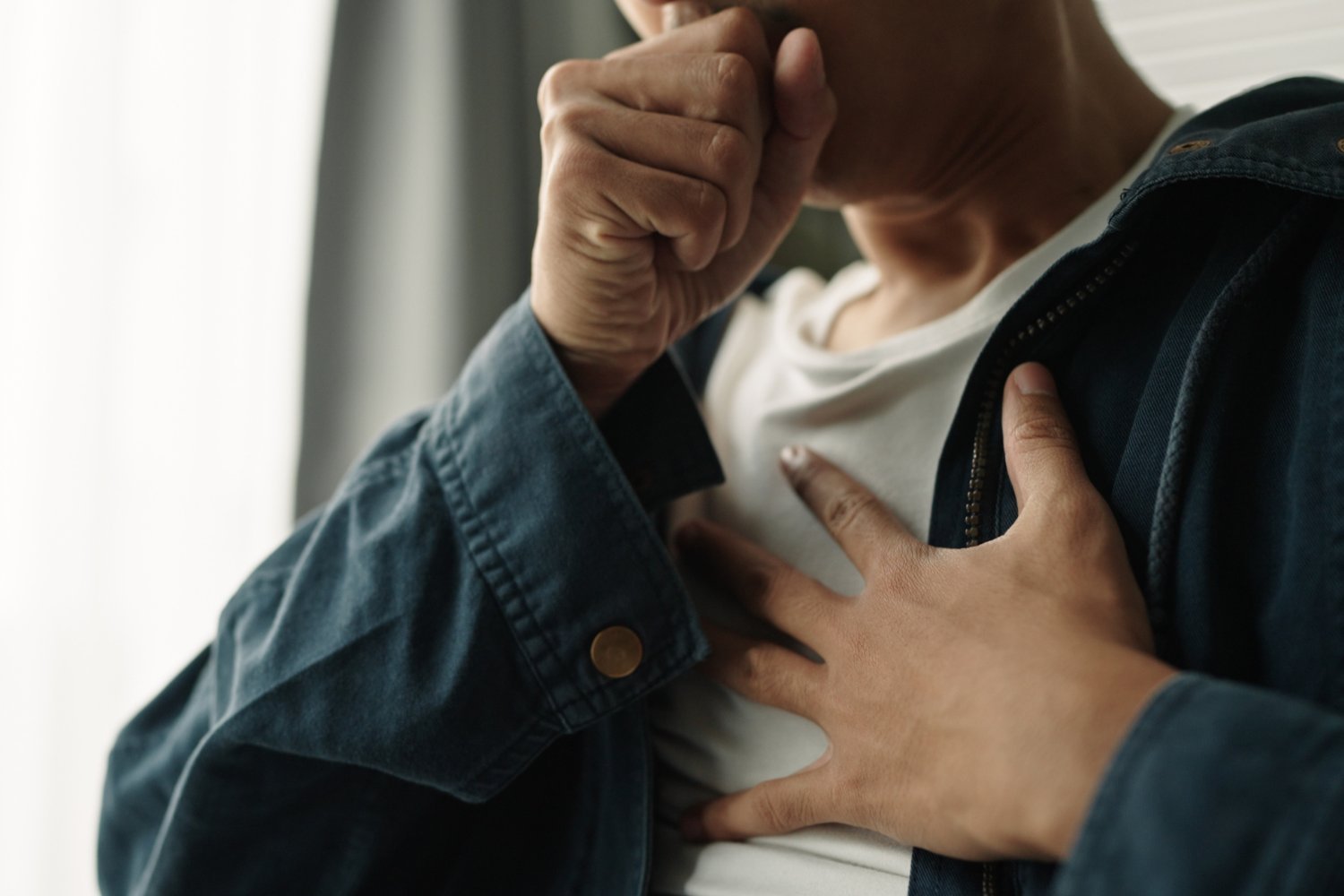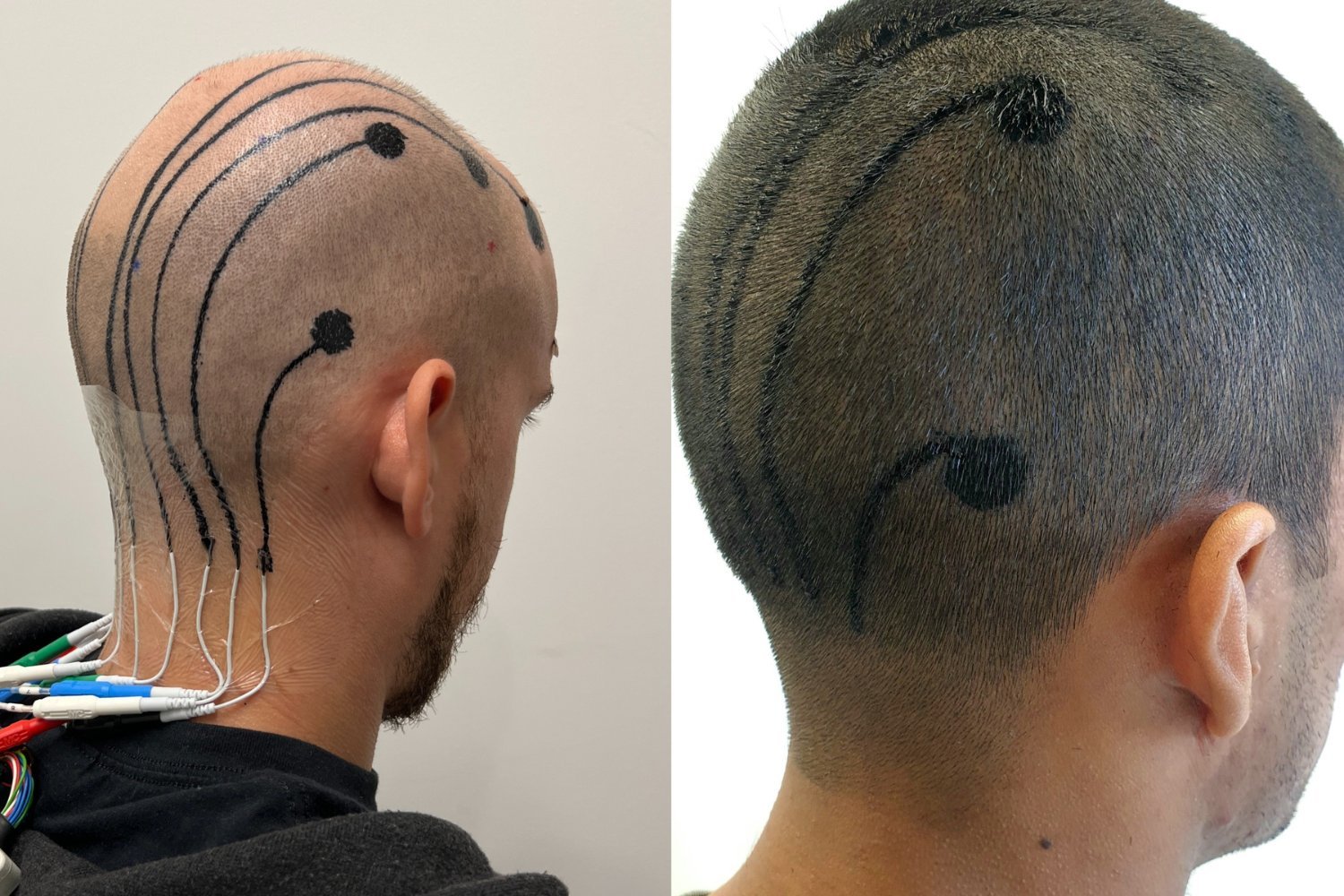Oral minoxidil is gaining recognition as a potential game-changer in hair loss treatment. A new international consensus among dermatologists suggests that this affordable pill form of the popular topical medication, Rogaine, could be a beneficial alternative for many individuals experiencing hair loss. This endorsement is expected to increase awareness and adoption of oral minoxidil among both dermatologists and patients.
Topical minoxidil has been a standard treatment for hair loss for over three decades, available both by prescription and over-the-counter. However, it comes with certain drawbacks, such as scalp irritation, redness, and potential toxicity to pets. The need to regularly apply a gel or foam can also be inconvenient for some. More recently, low-dose oral minoxidil has emerged as an alternative, offering potential advantages over the topical form.
The pill form, taken daily, circumvents many of the limitations associated with topical minoxidil. It eliminates the risk of scalp irritation and pet toxicity, and offers a more convenient application method. Moreover, oral minoxidil is significantly cheaper. Some studies even suggest that it might be more effective overall, possibly due to better absorption compared to the topical application, which can be hindered by scalp conditions.
Despite its potential, oral minoxidil remains a relatively niche treatment. Its off-label status for hair loss (only the topical form is officially approved) contributes to its limited use. While research continues to support its efficacy in treating hair loss, many doctors remain unfamiliar with its proper dosing and potential contraindications.
To address this knowledge gap, researchers published a consensus statement in JAMA Dermatology. They surveyed 43 hair loss specialist dermatologists from 12 countries, gathering expert opinions on the optimal use of oral minoxidil. The resulting consensus affirmed its viability as an option for individuals who experience difficulties or unsatisfactory results with topical minoxidil. Study co-author Paradi Mirmirani, a California dermatologist, explained that oral minoxidil can be considered if the topical version proves challenging, causes scalp irritation, is ineffective, or is simply too expensive.
It’s important to note that oral minoxidil is also used to treat severe hypertension. This higher-dose version carries a black box warning about potential heart risks. While dermatologists argue that the low doses used for hair loss are unlikely to pose similar risks, the consensus recommends caution. Individuals with certain heart conditions, such as pericarditis, should avoid oral minoxidil altogether. Those with other heart or health conditions should consult their primary care physician or specialist before starting treatment.
The new guidelines are expected to empower doctors to prescribe oral minoxidil with greater confidence. Co-author Brittany Craiglow, an associate adjunct professor of dermatology at Yale University School of Medicine, emphasized the importance of the consensus statement in providing valuable information on indications, dosing, and adverse effects. This knowledge is expected to boost dermatologists’ confidence in prescribing oral minoxidil, potentially making it a more accessible and widely used treatment option for hair loss.
